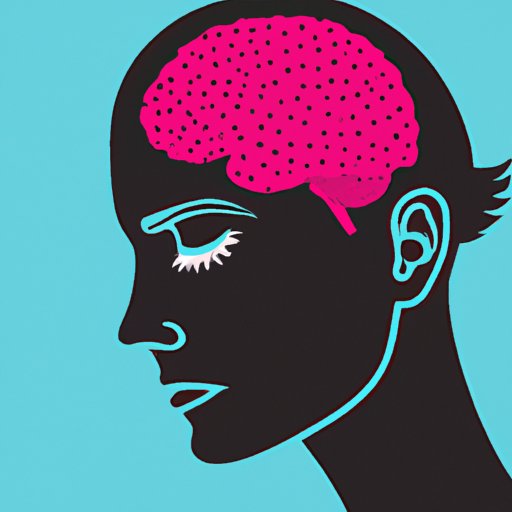
Introduction
Mental health awareness plays an essential role in maintaining a healthy lifestyle and a positive social environment. In recent years, mental health has gained more attention, and it is essential to continue the conversation to dispel false information and myths surrounding the topic. The five topics that will be covered in this guide are: understanding common mental health disorders, breaking the stigma, the science of mental health, living with a mental disorder, and the impact on society.
5 Common Types of Mental Disorders: A Guide to Understanding Your Mental Health
Mental disorders are conditions characterized by patterns of thoughts and emotions that impact an individual’s daily life, affecting how they function. The most common mental health conditions are anxiety disorders, depression, bipolar disorder, schizophrenia, and eating disorders. Warning signs that indicate someone may be affected by one of these disorders include changes in mood, sleeping patterns, behavior, or eating habits. It is essential to seek professional help when these indicators persist, and the severity of their impact may vary based on the person’s condition.
Breaking the Stigma: A Discussion About Mental Disorders in Today’s Society
Breaking the stigma surrounding mental health is crucial. Without proper awareness and education, it is challenging to understand and empathize with people who are affected by a mental disorder. Society often unfairly treats people with a mental disorder, and media portrayal adds to the inaccurate portrayal of these individuals. It can affect daily life and make it difficult for some people to seek professional help. Offering support and taking the time to understand the situation of people with mental disorders can be life-changing and make a difference to how someone views themselves.
An Introduction to the Science of Mental Health: A Look into Mental Disorders
The science behind mental disorders is complicated and often misunderstood. Mental disorders can be caused by multiple factors, including genetics, environment, and life experiences. Seeking professional help is the first step to managing mental disorders, and treatments vary based on the individual’s condition. Medication, counseling, therapy, and lifestyle changes can help manage the symptoms of a mental disorder.
Living with a Mental Disorder: Coping Strategies and Treatment Options
Coping strategies are methods to deal with stress, anxiety, and other related problems common in mental disorders. Options for treatment include medication, counseling, therapy, and lifestyle changes. It is important to understand the advantages and disadvantages of each available treatment method to find the one that works best for the individual. By addressing the disorder’s root cause, treatment can positively impact an individual’s daily life.
The Impact of Mental Disorders on Society: A Look at the Broader Implications
Mental disorders also affect society as a whole. According to research, mental disorders can impact the economy and increase healthcare costs. In many countries, mental health services’ infrastructure can be underfunded, leaving mental disorders undertreated and overlooked. The stigma and discrimination surrounding mental disorders add to the problem, making it difficult to address and solve.
Conclusion
Understanding mental disorders is essential in promoting a positive and healthy environment. It is crucial to encourage mental health awareness and understanding to avoid stigma and provide proper treatment to individuals affected by these conditions. By breaking the stigma, recognizing the science behind mental health, and encouraging empathy for those affected, we can take concrete steps to make a difference.





